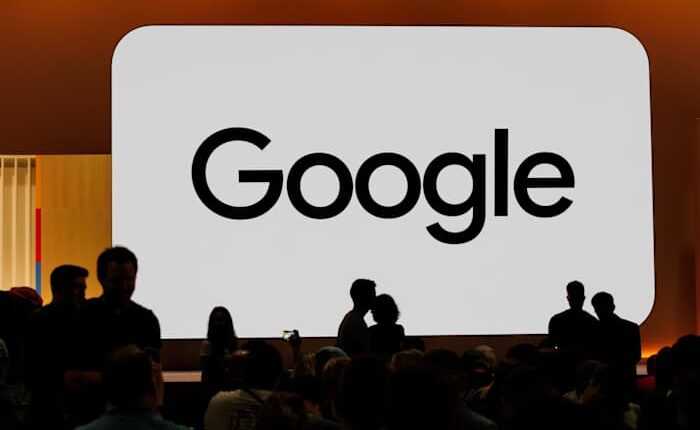Share this @internewscast.com

SAN FRANCISCO – A federal appeals court has affirmed a jury decision labeling Google’s Android app store as an illegal monopoly, setting the stage for a federal judge to implement a significant overhaul intended to expand consumer choice.
The decision, unanimously issued by the Ninth Circuit Court of Appeals on Thursday, deals a significant legal blow to Google, following three individual antitrust trials that have branded various segments of its internet operations as unlawful monopolies since late 2023.
This unsuccessful appeal marks a significant triumph for video game producer Epic Games, which commenced legal action against Google’s Play Store for Android apps and Apple’s iPhone app store close to five years ago to circumvent exclusive payment systems that imposed commissions of 15% to 30% on in-app purchases.
The jury’s condemnation of Google’s app store for Android devices in December 2023 sparked a series of defeats, including monopolistic determinations against the firm’s widely used search engine last year and the core technology supporting its digital ad network earlier this year.
Despite not being as profitable as Google’s search engine or advertising system, the Play Store for Android apps has historically been a lucrative venture, raking in billions of dollars annually by extracting a 15% to 30% share of in-app sales processed through Google’s payment system.
After a month-long trial, a nine-member jury concluded that Google manipulated its platform to prevent competing app stores from offering better options to consumers and developers. This verdict led U.S. District Judge James Donato to mandate Google to dismantle the protective barriers around the Play Store, prompting the company to launch an appeal against the jury’s decision and seek to nullify the judge’s ordered restructuring.
But a three-judge panel that heard Google’s appeal in February rejected its lawyers’ contention that Donato erred by allowing the case to be determined by a jury that deviated from the market definition outlined by another federal judge who mostly sided with Apple in Epic’s case against the iPhone maker’s app store.
Epic’s lawsuit “was replete with evidence that Google’s anticompetitive conduct entrenched its dominance, causing the Play Store to benefit from network effects,” the judges wrote in the decision.
Unless Google can extend the enforcement delay placed on Donato’s order issued last October, the company will have to begin an overhaul that includes making the Play Store’s entire library of more than 2 million Android apps available to would-be rivals and also help distribute the alternative options. Google has argued that the required revisions will raise privacy and security risks by exposing consumers to scam artists and hackers masquerading as legitimate app stores.
But Epic’s lawyers have ridiculed Google’s warnings about the changes as scare tactics in a desperate attempt to protect the fortunes of its corporate parent Alphabet Inc.
Although Epic fell short in its attempt to have the iPhone’s app store declared a monopoly, that case resulted in a judge issuing an order that required Apple to surrender exclusive control over the payment processing of in-app transactions and allow links to alternative systems without collecting a commission.
Besides being hit with Donato’s order, Google still faces further trouble ahead that could leave an even bigger dent in its finances.
As part of the effort to address Google’s illegal monopoly in search, a federal judge is weighing a proposal by the U.S. Justice Department that would require the sale of its Chrome web browser and ban the multibillion dollar deals that company has been making with Apple and others to lock-in its search engine as the main gateway to the internet.
Google is also facing a proposed breakup of its advertising technology as part of the countermeasures to its monopoly in that business. A trial on that proposal is scheduled to begin in September.
Copyright 2025 The Associated Press. All rights reserved. This material may not be published, broadcast, rewritten or redistributed without permission.












